Part 2: What’s Blocking Your Iron & Making Perimenopause Symptoms Worse?
In Part 1, we uncovered how misplaced iron can fuel hot flashes, hair loss, and fatigue. Now, let’s talk about why this happens and what’s getting in the way of proper iron movement.
1. Too Much Stored Iron from Fortified Foods & Supplements
For decades, processed foods like cereals and breads have been fortified with synthetic iron—a form the body struggles to absorb. Prenatal vitamins and iron supplements add to the buildup, leading to iron overload in tissues instead of usable iron in the bloodstream.
🛑 Problem
This stored iron creates inflammation and oxidative stress, making symptoms like hot flashes and fatigue worse.
2. Copper Deficiency – The Missing Link
Copper is essential for making iron bioavailable—meaning it helps iron get where it needs to go. But many women are low in copper because:
- Modern farming depletes copper from soil.
- High zinc intake (especially from immune supplements) competes with copper.
- Glyphosate (pesticide found in non-organic food) binds to copper, preventing absorption.
🛑 Problem
Without enough copper, iron stays stuck, triggering inflammation, poor circulation, and hormone imbalances.
3. Liver Congestion – The Iron Traffic Jam
Your liver is responsible for moving iron and detoxing excess hormones, toxins, and stress hormones. But when your liver is overloaded, iron gets stuck in tissues instead of circulating properly.
🛑 Problem
A sluggish liver worsens estrogen imbalances, leading to heavier periods, more hot flashes, and increased fatigue.
4. Medications That Disrupt Mineral Balance
Certain pharmaceuticals block the absorption and movement of minerals like iron and copper:
- Antacids & PPIs (for acid reflux) reduce stomach acid, making it harder to absorb minerals.
- Birth control alters how iron is stored.
- Synthetic vitamin D supplements can throw off mineral balance.
🛑 Problem
These medications create an imbalance, making perimenopause symptoms worse instead of better.
So, What Can You Do?
In Part 3, we’ll outline a step-by-step strategy to help you restore proper iron movement and finally get relief from perimenopause symptoms.

